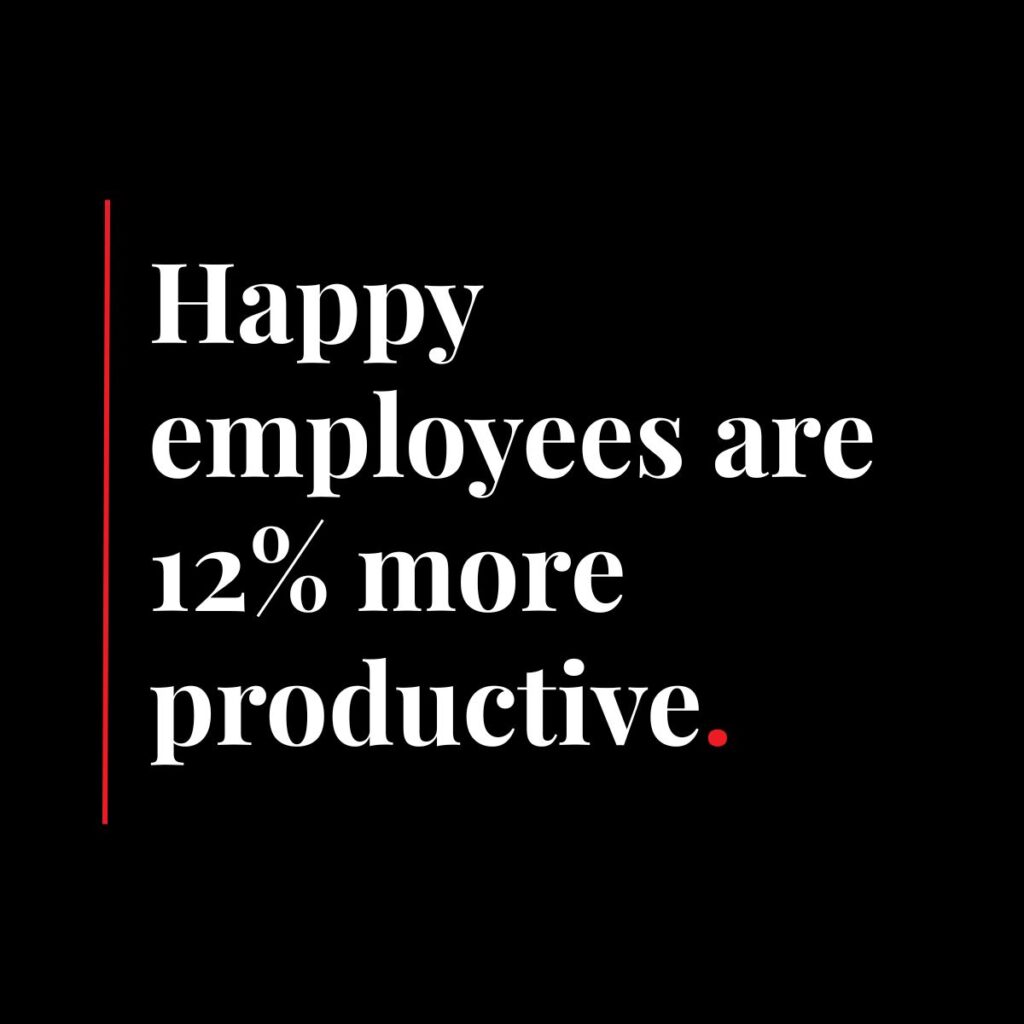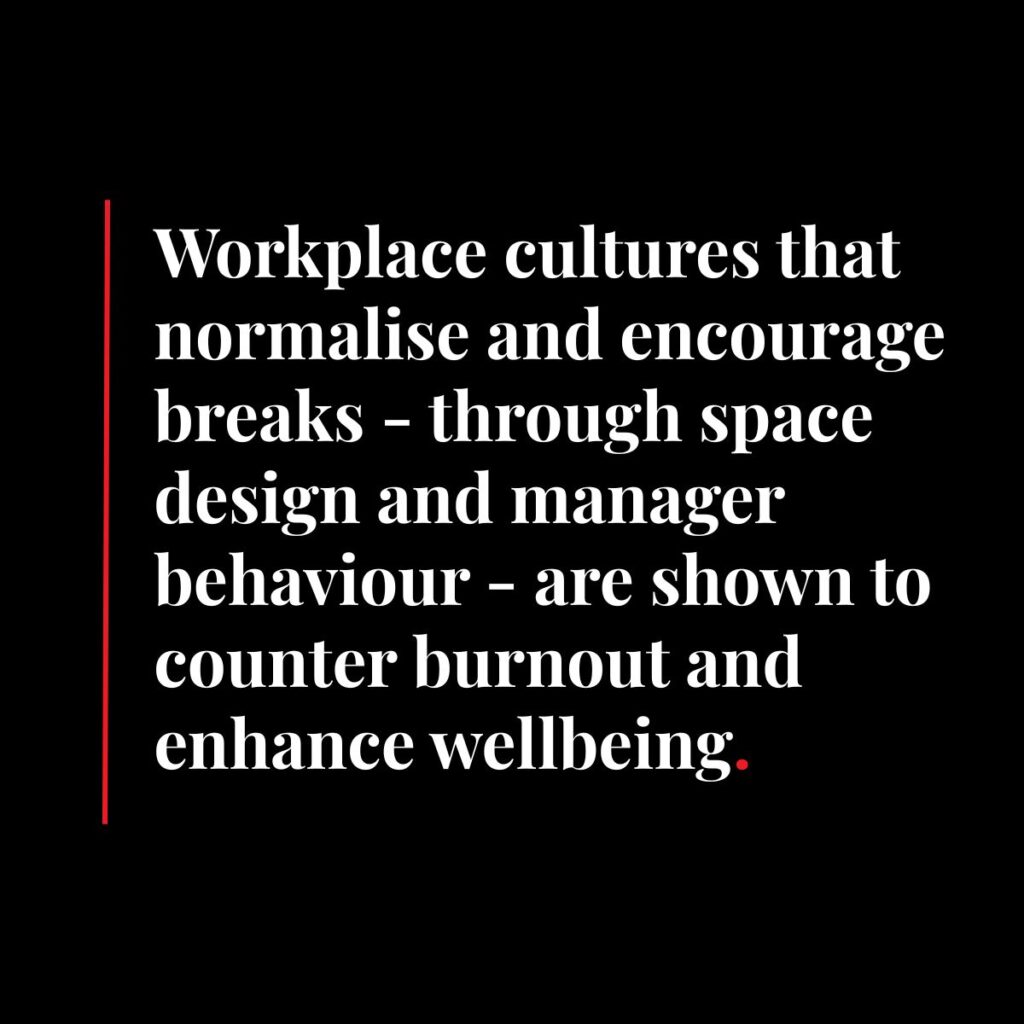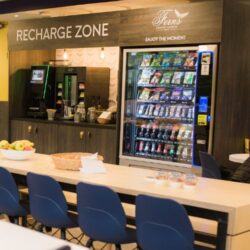In today’s workplace, employee experience (EX) has shifted from being a “nice-to-have” to a strategic imperative that shapes business performance. Recent research by scarlettabbott reveals that nearly eight in ten HR leaders in the UK believe poor employee experience directly harms organisational results. In fact, the importance of EX has grown by 80% in just three years, yet only around one-third of organisations have successfully embedded their stated values into business strategy. This gap between intent and execution highlights one of the biggest challenges facing leaders today: how to translate values into daily practice and culture.
Engagement levels across the UK workforce tell a story of recovery, but also disparity. Average employee engagement has risen to 65%, the first uptick since the pandemic. Where businesses adopt people-focused practices and weave them into strategy, engagement levels rise dramatically to 77%. In contrast, organisations that neglect this see engagement sink to just 45%, often accompanied by higher stress, presenteeism and turnover.
The link between employee happiness and productivity is now well established. Research from the University of Warwick shows that happy employees are 12% more productive, while Deloitte has demonstrated that engagement drives a 10% lift in customer satisfaction and a 20% boost in sales. Deeper labour market studies have also shown that employee satisfaction improves labour investment efficiency, particularly in knowledge-intensive and competitive industries.

Yet despite this clear evidence, many organisations continue to underestimate the cost of poor workplace design and environment. Mitie has reported that inefficient workspaces cost the UK economy up to £71.4 billion a year, with employees losing an average of 68 minutes per week to outdated or poorly maintained infrastructure. Over half of workers surveyed said poor maintenance fuels dissatisfaction, while almost nine in ten of those happy with their physical workplace also reported being satisfied with their employer.
One of the most overlooked elements of EX is the science of breaks. Studies consistently show that breaks are not indulgences but vital productivity tools. In the UK, 82% of employees say regular breaks improve their performance, and 73% believe lunch breaks specifically make them more effective. Seven in ten workers feel employers should provide a proper space to switch off and recharge. Other research reinforces the point: even micro-breaks of just a few minutes improve energy and concentration, while missing a daily coffee break with a colleague can reduce enjoyment by more than 80%, increase intent to leave by 70% and cut productivity by nearly a quarter. Workplace cultures that normalise and encourage breaks—through space design and manager behaviour—are shown to counter burnout and enhance wellbeing.

Burnout, meanwhile, has become endemic. An astonishing 85% of UK workers report feeling burnt out or exhausted, and nearly half have taken time off for mental health reasons. Younger employees are even more likely to be affected, with nine in ten under-35s reporting signs of burnout. These challenges are unfolding against a backdrop of economic pressure. With stagnant wage growth, rising taxes and job market uncertainty, many employees—particularly younger ones—are choosing “job hugging,” staying in roles for security rather than progression. As hiring demand slows, organisations will find it increasingly important to retain talent through positive employee experience.
The evidence is clear: employee experience is no longer just an HR issue. It is a business performance lever, tied directly to productivity, engagement, satisfaction and retention. Break culture plays a surprisingly important role in this equation. Well-designed spaces and quality refreshments aren’t superficial perks; they are tangible signals that an organisation values its people. Quiet areas to reset, hydration stations and inviting coffee points create micro-moments that foster connection, collaboration and clarity of thought.
In a challenging economic and cultural climate, leaders cannot afford to treat employee experience as secondary. Businesses that invest in meaningful EX—embedding values, creating supportive environments, and normalising restorative breaks—will outperform their peers in productivity, engagement and resilience. The organisations that make breaks matter will be the ones that retain talent, build loyalty and thrive.
Sources
- Workplace Journal
- theHRDIRECTOR
- HRreview
- Nottingham Trent University
- People Insight
- ScienceDirect
- The Times
- FMJ



